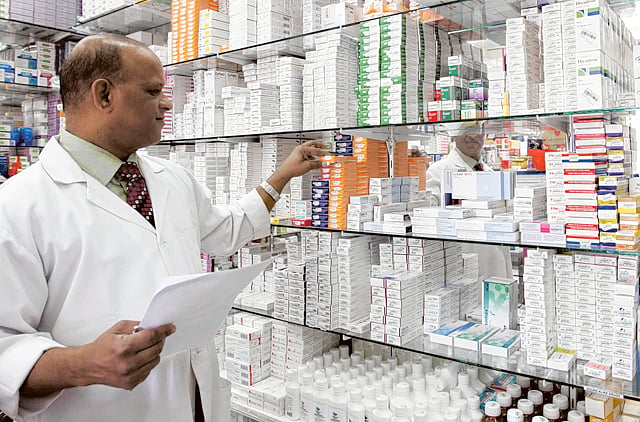Abu Dhabi adopts unified electronic platform for controlled medicines and narcotic drugs
It aims to ensure greater control over medical prescriptions and reduce substance abuse

Abu Dhabi: The Department of Health — Abu Dhabi (DoH) on Sunday announced that it was in the final stages of launching a unified electronic platform for the prescription and disbursal of controlled medicines and narcotic drugs at all of its licensed facilities.
To ensure a smooth transition to the new system which is set to launch on July 1, the department said that it had held several training workshops for its licensed physicians and pharmacists over a period of two weeks. To date, the unified electronic platform has been successfully adopted by all government health facilities operating under Abu Dhabi Health Services Company (SEHA) in addition to Cleveland Clinic Abu Dhabi.
Dr Khalid Al Jaberi, director, Health care Licensing and Medical Education Division at the DoH, said that paper prescriptions for medicine would no longer be accepted at outpatient facilities once the new system was up and running.
“The Department of Health is gearing up to initiate the final stage of the full integration to the unified electronic platform across all health care facilities licensed by the DoH.
“The emirate-wide implementation will ensure that no paper prescriptions for narcotic drugs and controlled medicines will be accepted at any outpatient facilities upon completion of the integration to the unified electronic platform which goes into effect on July 1, 2019,” he added.
“The main objective of the unified electronic platform is to ensure greater control over the prescription and dispersal of narcotic drugs and controlled medicines, with a view to reduce the abuse of illegal drugs among the community and to promote the safety of their use to their intended beneficiaries only,” he said.
Sign up for the Daily Briefing
Get the latest news and updates straight to your inbox
Network Links
GN StoreDownload our app
© Al Nisr Publishing LLC 2026. All rights reserved.